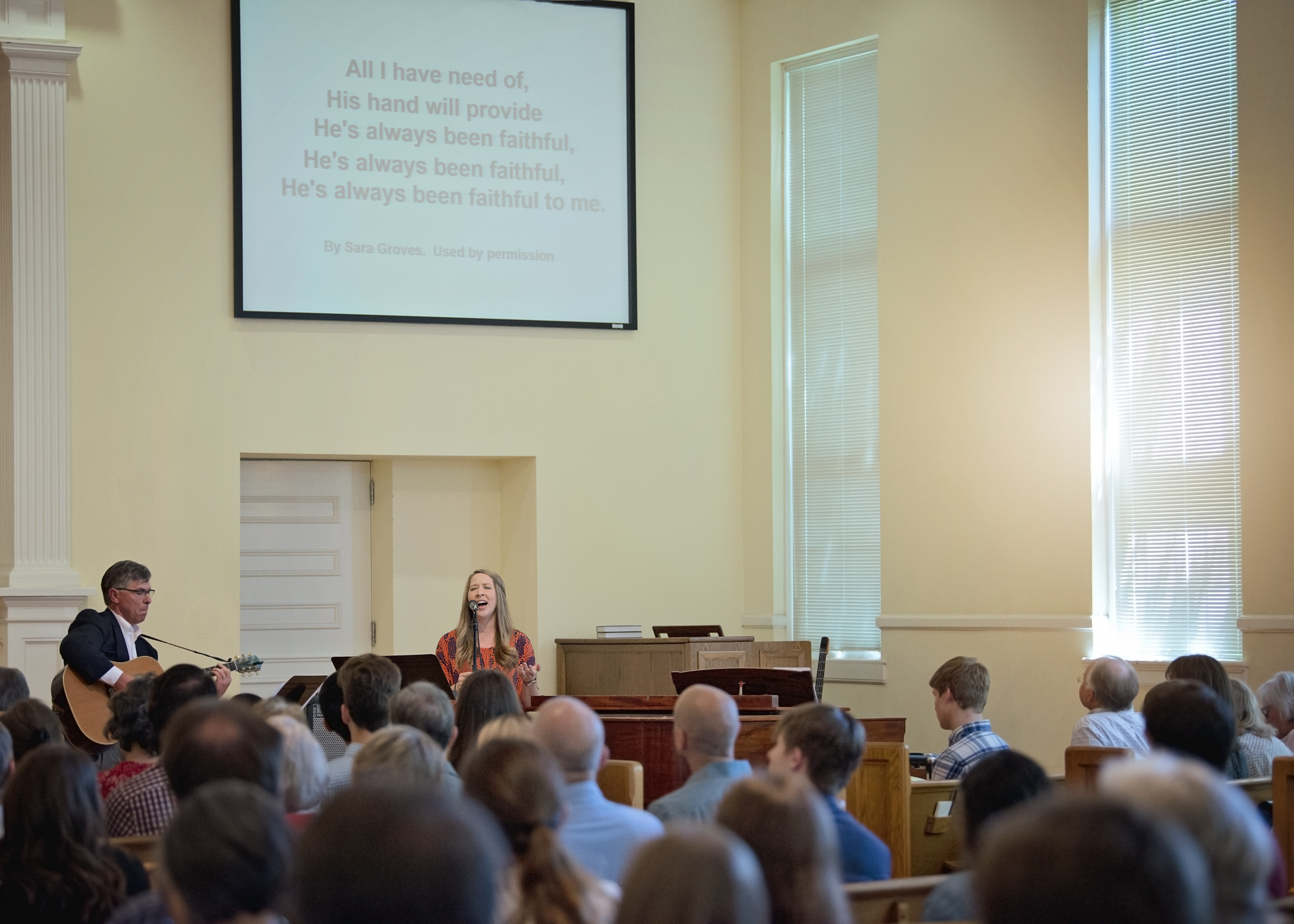I thank God for Dave Stuntz. It is such a gift to work with him. It is a gift to lead in worship with him. Each week he “sets the table” for us in worship. He gives us so much that the Holy Spirit can use to engage our imaginations and our own spirits to respond to the Lord in worship.
There are many things that bind us together, but one of the best things we share is a love for the book of Isaiah, particularly the last half of the book, chapters 40-66. When we are trying to think of an Old Testament passage that connects with the gospel, both of us instinctively turn to this portion of Isaiah and the vivid images and language that describe the Gospel for us. Isaiah clearly was one of the prophets who longed to see what we have come to know through Jesus Christ.
Peter exhorts us to always be prepared to give a reason for the hope that is in us. (1 Peter 3:15)
Are you hope-full? As our nation continues its decline into polarization and hatred and nastiness, do you have hope? As families and marriages continue to fall apart, is there hope in you? As the Church in our nation continues to compromise and accommodate itself to the culture around us, are you able to fight off despair?
Can I give you a prescription for hope? Three prescriptions, actually?
Spend the next month in Isaiah 40-66. Read it or a portion of it every morning and every evening, twice a day. Let Isaiah’s language and description of the LORD begin to fill your imagination. Allow Isaiah to expand your vision of how big our God is and of how big His heart is for us. Allow his description of God’s love and commitment to us drive you deeper in love with God and deeper in relationship with your neighbors.
Come to worship every Sunday. Of course I hope that you will listen to the sermons and allow God’s Word to penetrate your heart and mind. But come to worship and pay attention to what we are singing. Read Dave Stuntz’ worship notes for clues to how the worship service is knit together. Look for the connections between the songs and the scriptures and the prayers. Some of them are planned and premeditated. Many are the Holy Spirit’s work through unwitting participants. Ask the Holy Spirit, “What do you have for me to find hope in this day?” Come to the Table and receive the Hope of the Gospel in the bread and the cup.
Practice hope. Practice with each other. Practice giving a reason for the hope we have. Lean on each other to remind each other why we are hope-full. When our conversations turn to complaint and fear and anxiety and start leaning towards despair, can we pause and remember our hope?
Dave Stuntz and I share another thing. We share a favorite Gospel word. That word is “but.” The Gospel “but.” Life’s a mess. Evil is rampant. I’m a mess. All of this is true. “But God…”
“But God shows his love for us in that while we were yet sinners, Christ died for us.” [Rom. 5:8]
But God, being rich in mercy, because of the great love with which he loved us, even when we were dead in our trespasses, made us alive together with Christ—by grace you have been saved—and raised us up with him and seated us with him in the heavenly places in Christ Jesus [Eph. 2:4-6].
Can we remember the Gospel “but” with one another? Can our laments and complaints include, “but God…”?
I hope so.
Thanks,
David
Read more October newsletter stories:


